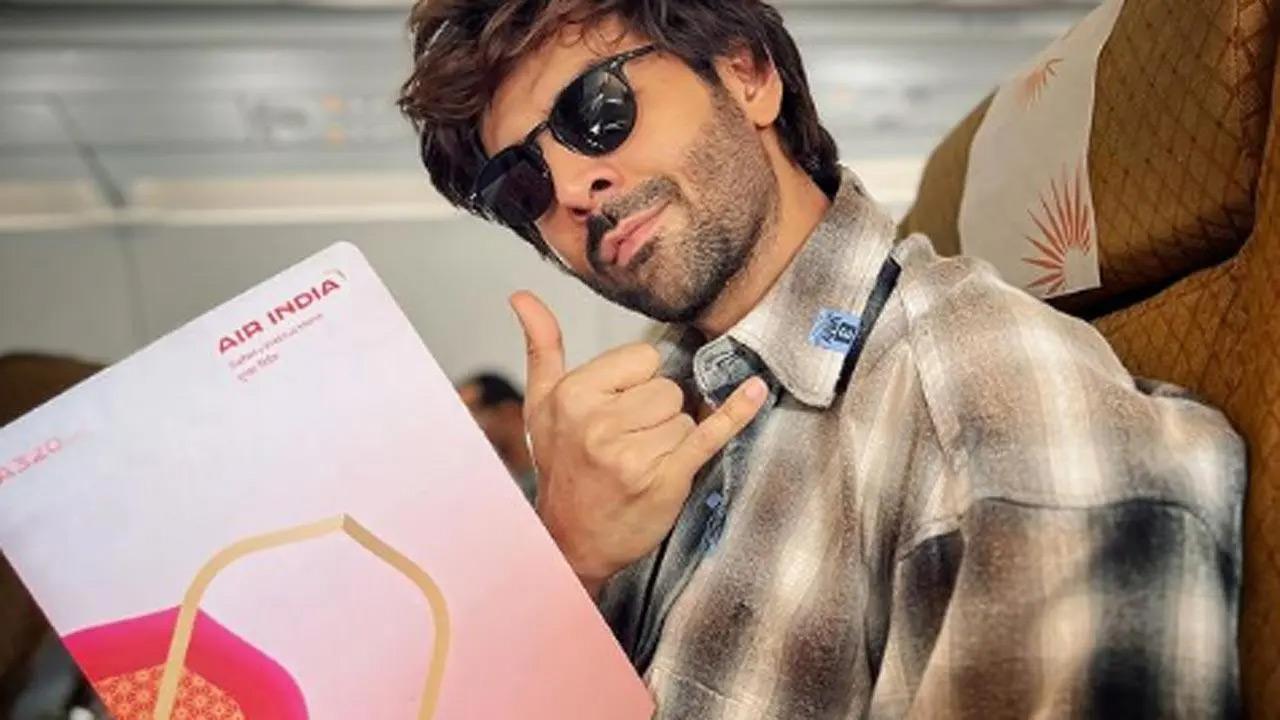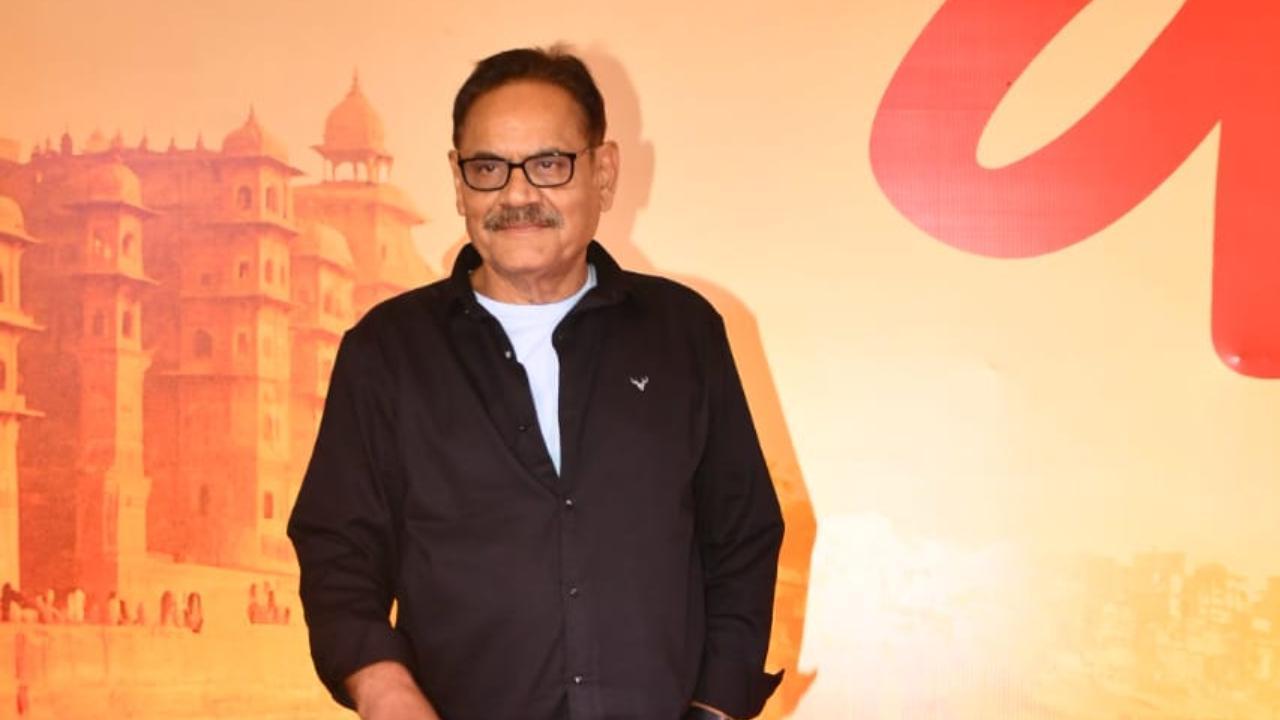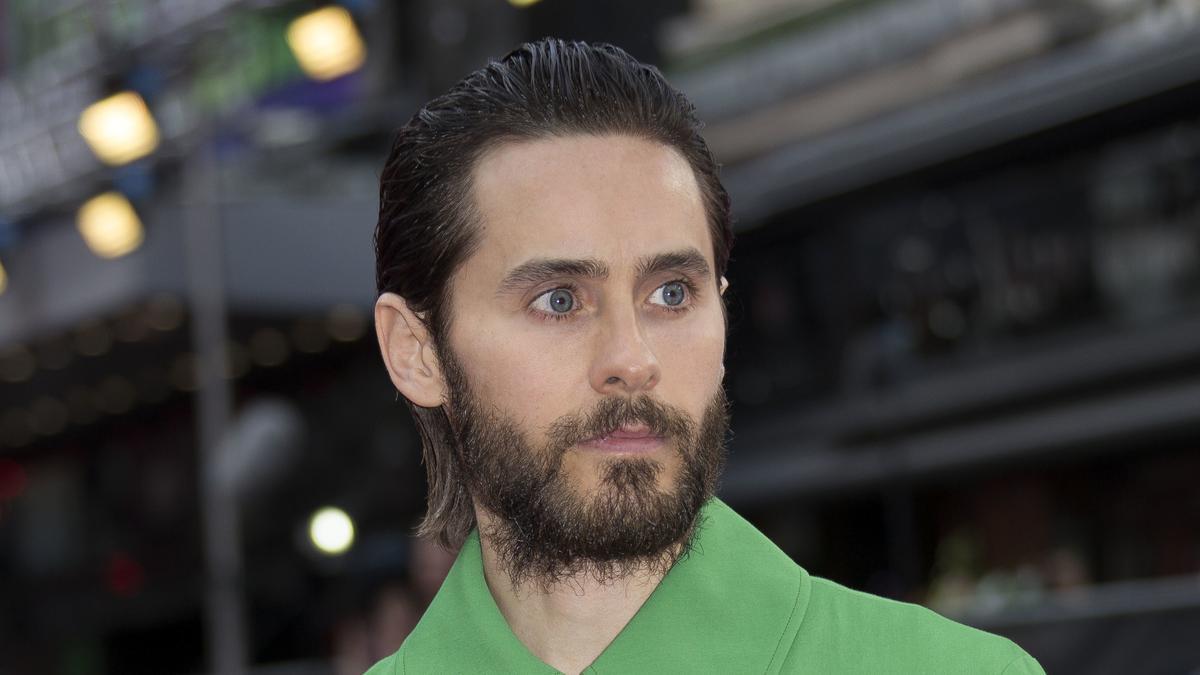
The season finale of The Rings of Power’s second journey through Middle-earth has left audiences with plenty to ponder, fostering a feeling of anticipation and fulfillment even though not every question has found its answer. But this time, the creators have delivered something more profound than mere solutions: they’ve instilled a vibrant sense of life into Tolkien’s legendary realm. What began as a polished, slightly hesitant attempt to capture the essence of Tolkien’s world has transformed into something richly detailed, audacious, and surprisingly self-assured. The first season tentatively circumnavigated its epic aspirations, but now, the showrunners have embraced the boundless mythology of Tolkien’s universe, creating an epic narrative crescendo that resonates powerfully.
This second season appears to have taken note of the lukewarm reception of its initial outing, making significant strides in its storytelling direction. While the inaugural season was defined by its grandiose production elements — the sweeping landscapes, the stunning CGI, and the immense legacy of Tolkien looming overhead — it seemed ensnared by its own ambitious expectations. However, with the cunning intervention of a certain well-meaning Dark Lord, the series has been released from these constraints, allowing it to soar.
Characters and storylines that once seemed tangential now converge to enhance the series’ core themes of power, corruption, and the seductive nature of evil. The narrative is more coherent, although it still has some distance to cover. Sauron’s presence is more menacing this season, with Charlie Vickers delivering a masterful portrayal of subtle villainy. His character is the quintessential puppet master, exuding charm with a convincingly deceptive façade. Offering a counterpoint to his menace, Charles Edwards’ portrayal of Celebrimbor is equally captivating — a visionary torn between faith and ambition, naïve to the looming betrayal. Their scenes play out as a tragic dance of trust and deceit, with Edwards’ nuanced performance mirroring Vickers’ sinister elegance. The revelation of Sauron’s true motives isn’t a sudden shock; it’s a steadily creeping threat that lends the series an intimate depth beneath its epic scope.
The final episode serves the expected spectacle in abundance, overshadowing most of its fantasy competitors. Whether revisiting the golden glow of war-ravaged Eregion or witnessing the thunderous fight with Durin’s Bane within Khazad-dûm, the visual artistry in this finale is breathtaking. Amidst the chaos of battling armies and crumbling keeps, the story maintains its emotional heartbeat — the poignant, albeit brief, relationship between Prince Durin IV (Owain Arthur) and his father, King Durin III. Their fraught bond, shaped by duty and stubbornness, adds humanity to the larger-than-life narrative, even when a Balrog and mithril mines vie for attention.
.
While many new fantasy series seek to find their footing by grounding themselves in gritty realism, The Rings of Power luxuriates in the ethereal beauty of Middle-earth. The show invites viewers to revel in its wonder, from the magical allure of Valinor to the perilous reflections of molten mithril, imparting a sense of history in the making. This world preserves its magical purity and chooses not to diminish its enchantment for prestige alone. In moments where the plot encounters hurdles, the grandeur remains undeterred.
This strategic choice pays off for the series, which might not satisfy every viewer, particularly those yearning for the somber tones of other popular fantasy realms. However, it offers something unique: a revival of the awe fantasy once commanded, reminding us to believe in the extraordinary, to lose ourselves in a world where the battle between good and evil plays out in all its beauty, danger, and wonder.
Despite these achievements, the series continues to wrestle with several of its weaker components. For example, the Harfoots, largely absent in the finale, remain disconnected from the main narrative, seemingly inserted to provide moments of whimsy amidst the encroaching darkness. Their future involvement in upcoming seasons remains uncertain.
The conclusion of Sam Hazeldine’s portrayal of Adar, though poetic, leaves viewers with a sense of longing, knowing such a compelling performance may not grace the series again. Yet, amidst these critiques, the show’s self-referential humor shines through with moments like the clichéd “Grand-Elf” revelation — perhaps a nod too blunt for the patient buildup it resolved.
As the second season reaches its conclusion, the clarity of its growth from its predecessor’s missteps becomes apparent. Its storytelling is more decisive, its character arcs more assured, and it freely embraces the expansive legacy of Middle-earth. Although the specter of Peter Jackson’s films may always linger, The Rings of Power is carving an identity of its own. More than a mere setting, Middle-earth once again emerges as a realm of enchantment, peril, and magnetic allure. For this, we are grateful.
All episodes of The Rings of Power are now available to stream on Amazon Prime Video.










